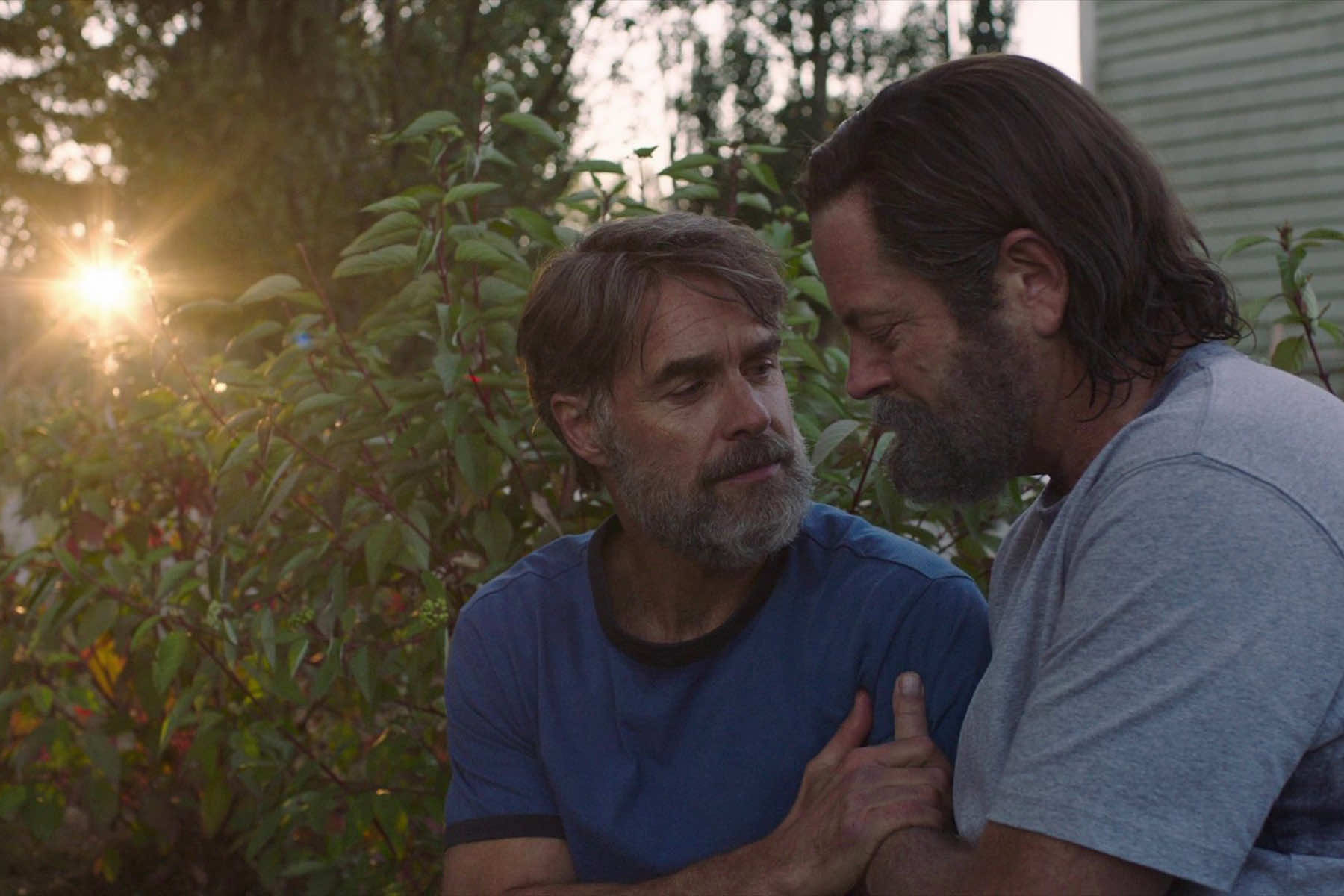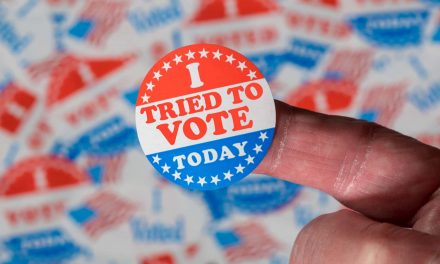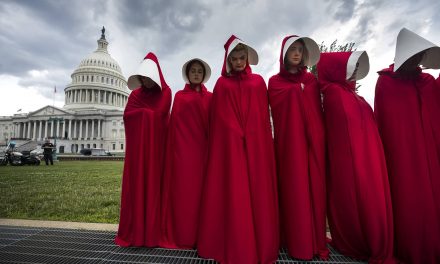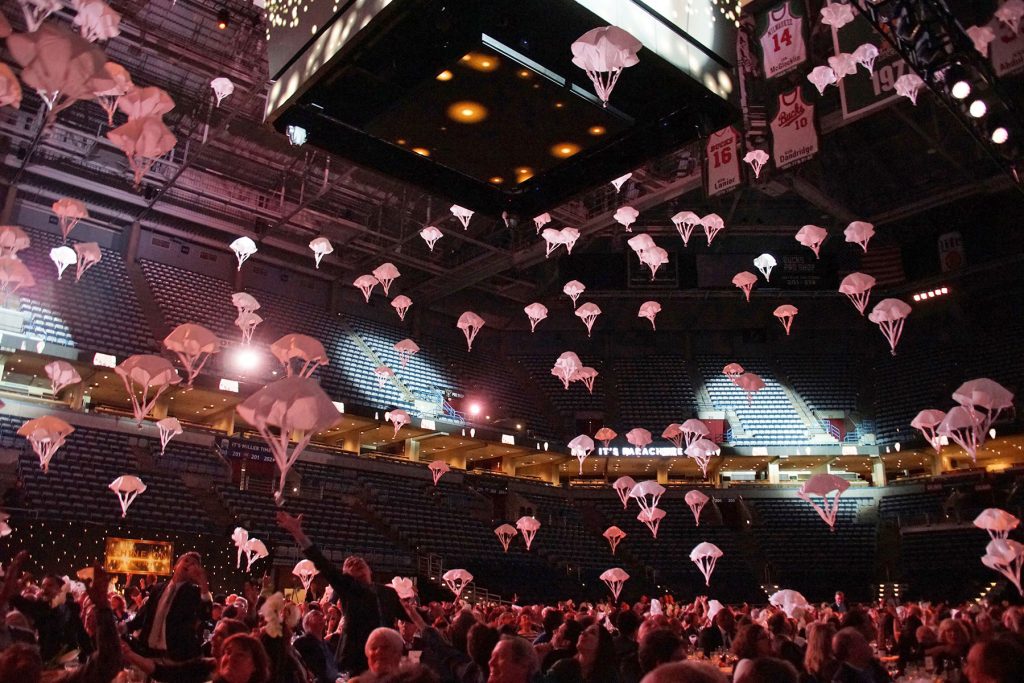
By Xavier Ho, Lecturer in Interaction Design, Monash University
Mainstream games are embracing openly queer characters, and so are many of their players and fans.
The Last of Us, the prestige HBO adaptation of the critically lauded game, has been celebrated (and review-bombed) for delivering a strong narrative featuring prominent LGBTQIA+ cast and characters.
In Left Behind, the seventh episode, the show transported us to the time the younger protagonist, Ellie, spent with her childhood friend and love interest, Riley. We also saw in the third episode, Long, Long Time, how Bill and his longtime partner Frank navigated their final moments together.
Since The Last of Us aired, it saw more than 22 million US domestic views within 12 days of its opening. The data suggests that there is a very large TV audience with a healthy appetite for authentic and purposeful LGBTQIA+ representation.
The interesting thing is that much of this queer representation in The Last of Us TV adaptation is lifted directly from the plot of the video game, asking whether there is a similar appetite for LGBTQIA+ representation and stories in the gaming world.
This in turn raises the question: is the gaming audience becoming more inclusive?
The growing market for queer games
Queer Games Bundle 2022 along with its Pay What You Can Edition raised more than US$216,000 for 431 queer creators. Indeed, there is a steadily growing market for queer games.
Queer games makers are resisting against public malice against the community. In February 2023, the Trans Witches are Witches bundle, which started in opposition to JK Rowling’s horrifying anti-transgender tirade, raised US$215,893 for 56 queer creators.
In 2022, we found that 90% of queer games are free or “pay what you want”.
This analysis was on itch.io, a platform where independent creators can distribute or sell their games. In March 2022, it hosted 2,499 LGBT and LGBTQIA tagged queer games. One year later, that number has risen to more than 3,376, a 35% increase. However, the ratio of free games remains.
Pride at Play
To explore more about queer games – games made by queer makers for queer folks – we curated an exhibition called Pride at Play.
Pride at Play’s selection was through an open submission whereby anyone in the world can submit their queer games. We focused on games made in Oceania and the Asia-Pacific region, reflecting the ongoing cultural and legal challenges LGBTQIA+ folks are facing in these regions.
As part of the curatorial process, we interviewed all exhibiting developers. Our interviews were akin to casual conversations, and we talked to 20 different queer designers from Australia, New Zealand, Japan, Malaysia and more.
We asked each person about their background, motivations, queer experiences, their communities, target audiences, and what it means for them to play with pride.
Queerer than ever
Hayley Gordon and Vee Hendro, who founded the game studio Storybrewers Roleplaying in Gadigal (Sydney) were among the folks we interviewed. We asked who their target audience were, and they were convinced they have connected with them.
“It’s queerer than ever. Our market, indie roleplaying games, just gets queerer every year,” they observed.
Younger people in roleplaying are more open about their queerness as well. Games that are going into the indie space specifically are more open, and I wouldn’t be surprised if there’s reflections in the mainstream too.
“I feel like I’m doing some kind of retroactive rewriting of history,” said Thomas Barrer at the Ōtautahi (Christchurch) studio Fnife Games, who makes Small Town Emo, “by making the kind of game I would have liked to see as a kid and have it work on a Game Boy.”
“Right now I have a vision of the world being more individual,” said Ignacio Bustos, lead developer at the Argentinian studio Team Spicy Bubble that created the multi-awardwinning game Queer and Chill.
In Argentina we have a lot of young people. We’ve put value in the industry as a studio, with all those ideas of diversity and inclusion. And there are things we want to appreciate and make a place for.
“If itch.io didn’t exist, I wouldn’t even be in gamedev at all. itch.io is where I first found small games at a scale that I could make myself,” responded npckc, a Japan-based solo game designer who created Mima and Nina’s Chocolate Workshop.
It’s provided a space for my weird free games. It’s given me the confidence to release paid games after people donated for my free ones. It’s helped me meet other small game devs who’ve become friends who support me and whom I support as we all make our own things.
Queer games have the potential to touch on everyday endearing moments of who we are as humans.
HBO / Sony
Originally published on The Conversation as The gaming audience is ‘queerer than ever’ – so how are game creators responding?
Support evidence-based journalism with a tax-deductible donation today, make a contribution to The Conversation.














